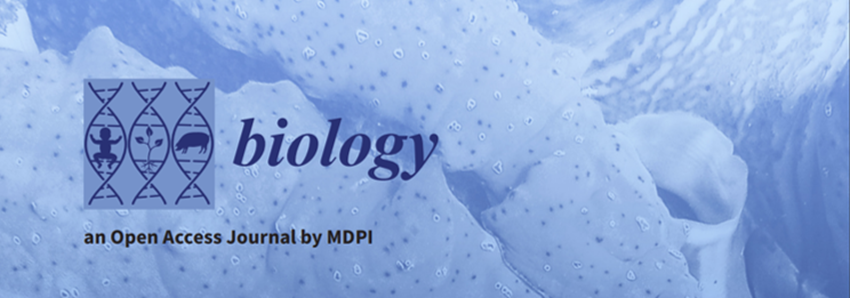Marc Wittman, apoiado pela Fundação Bial no âmbito do projeto 50/16 – Changes in the temporal width of the present moment after meditation, demonstrou que meditadores experientes percecionavam os seus limites corporais como sendo menos salientes durante a meditação comparativamente quando liam uma história. Além disso, também sentiram que o tempo passou mais depressa e prestaram menos atenção à passagem do tempo durante a meditação. O artigo que detalha estes resultados “Changes in subjective time and self during meditation” foi publicado na revista científica Biology.
Abstract
“This study examined the effects of meditative states in experienced meditators on presentmoment awareness, subjective time, and self-awareness while assessing meditation-induced changes in heart-rate variability and breathing rate. A sample of 22 experienced meditators who practiced meditation techniques stressing awareness of the present moment (average 20 years of practice) filled out subjective scales pertaining to sense of time and the bodily self and accomplished a metronome task as an operationalization of present-moment awareness before and after a 20 min meditation session (experimental condition) and a 20 min reading session (control condition) according to a within-subject design. A mixed pattern of increased sympathetic and parasympathetic activity was found during meditation regarding heart-rate measures. Breathing intervals were prolonged during meditation. Participants perceived their body boundaries as less salient during meditation than while reading the story; they also felt time passed more quickly and they paid less attention to time during meditation. No significant differences between conditions became apparent for the metronome task. This is probably the first quantitative study to show how the experience of time during a meditation session is altered together with the sense of the bodily self.”

































































































